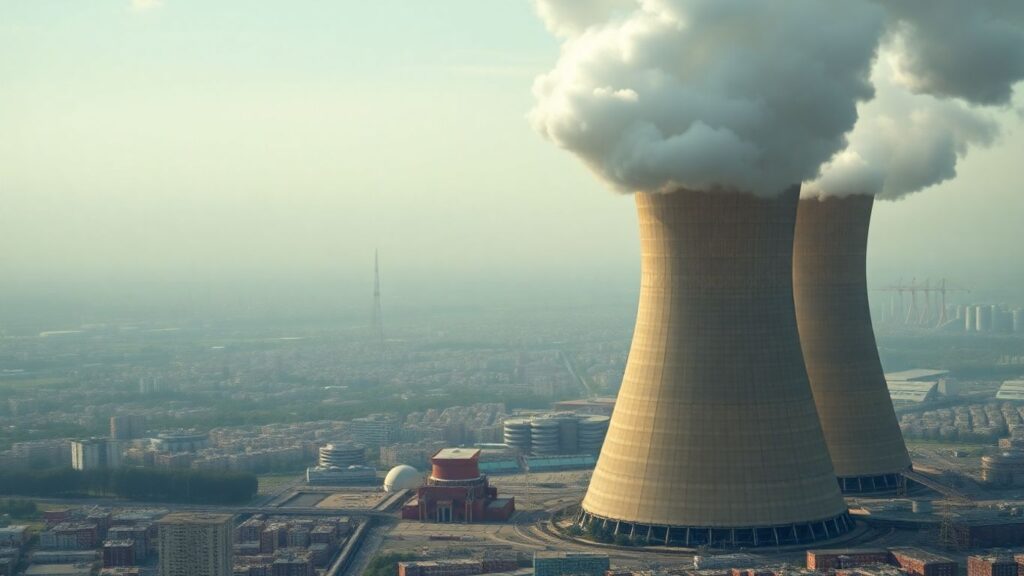The head of the UN’s atomic energy agency has emphasized the critical role of nuclear power in achieving global decarbonization targets by 2050. Rafael Mariano Grossi, Director General of the International Atomic Energy Agency (IAEA), stated that without nuclear energy, meeting these ambitious climate goals would be "almost impossible."
Key Takeaways
- Nuclear energy is already a significant contributor to clean energy production globally.
- Recent international agreements acknowledge nuclear’s role in low-emission technology.
- Addressing public perception and misinformation surrounding nuclear power is crucial.
- The IAEA is committed to ensuring nuclear energy’s safe and secure expansion.
Nuclear’s Role in Clean Energy
Grossi highlighted that nuclear power already accounts for over a third of the world’s CO2-free energy, and in Europe, it provides half. He noted that despite past concerns stemming from incidents like Chernobyl and Fukushima, nuclear energy is an established part of the solution for climate change.
The inclusion of nuclear energy alongside renewables in the final document of the 2023 UN Climate Conference in Dubai (COP28) was a landmark achievement. This marked a significant shift from previous conferences where nuclear was often resisted or excluded. Many nations have pledged to increase their reliance on nuclear power.
Addressing Misinformation and Safety Concerns
Grossi addressed common misconceptions, particularly regarding the Fukushima accident. He clarified that while the tsunami caused significant loss of life, no deaths were directly attributed to radiation exposure from the nuclear plant itself. He pointed out that statistics show nuclear energy has a lower mortality rate compared to some renewable sources, drawing a parallel to air travel, which continues despite the risk of accidents.
The IAEA Director General stressed the importance of governments providing accurate information to the public. He also noted a shift in perception, with some environmental groups now supporting nuclear power, particularly in regions like Scandinavia.
Financing and Global Expansion
While acknowledging the significant upfront investment required for nuclear power plants, Grossi indicated that international financial institutions are beginning to review policies that were previously hostile to the technology. This is paving the way for increased investment.
There is a notable growth in nuclear energy adoption in the Global South, with countries like India, China, Argentina, Brazil, Mexico, Bangladesh, and South Africa expanding their nuclear capacity. The development of more affordable small modular reactors is also attracting interest from several African nations.
IAEA’s Dual Mandate: Safety and Development
Grossi explained that the IAEA’s role in promoting nuclear energy is balanced by its responsibility for nuclear security and safety. He cited the situation in Ukraine, where the occupation of a nuclear plant highlights that risks arise from conflict, not the technology itself. The agency actively works to prevent accidents, especially in volatile regions.
He also emphasized the broader applications of nuclear technology beyond energy generation. The IAEA supports developing countries in areas such as oncology and radiotherapy, food security through irradiation techniques, and the development of disease-resistant crops. Furthermore, nuclear technology aids in pathogen detection and zoonosis research, demonstrating its multifaceted contribution to global development.












